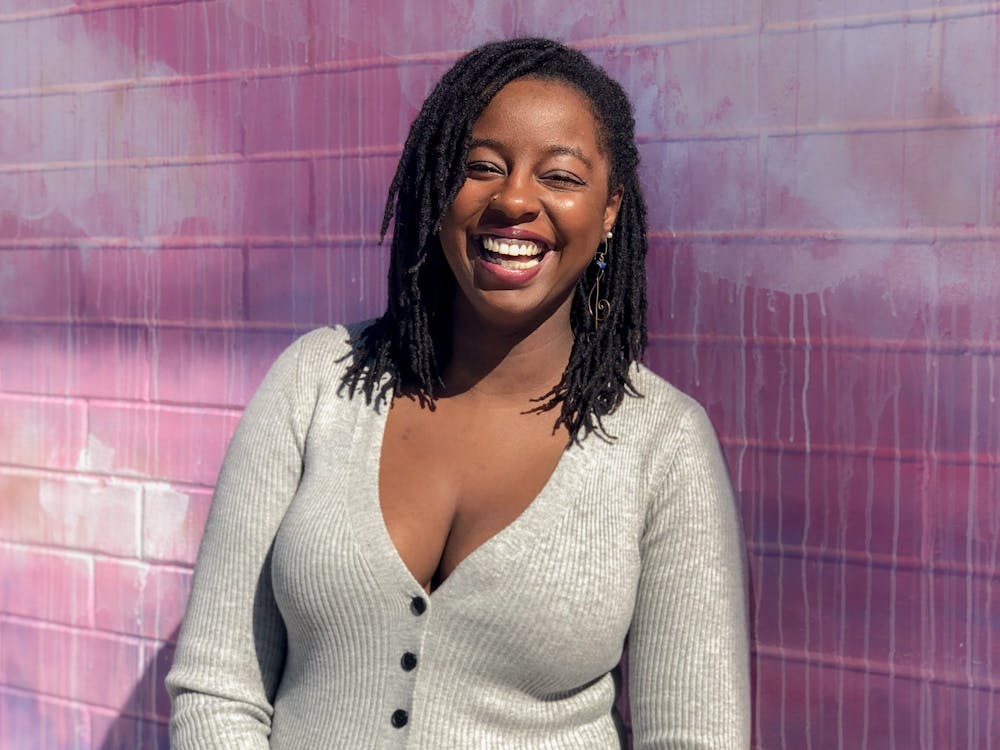In educational spaces, conversations surrounding LGBTQ+ communities and the various shapes that love and relationships can take aren't brought to the forefront. For those who identify as part of the community, there are few role models to look up to or learn from.
With Valentine’s Day approaching, educators at UNC who identify as LGBTQ+ uncover their personal journeys and stories of love, talk about their plans for the holiday and share advice for students who wish to imagine love in their own right.
Questions and answers have been edited for brevity and clarity.
Blaque Robinson, fourth year graduate student in the Department of Sociology (identifies as queer):
Daily Tar Heel: Some might say that those in queer communities will be able to experience ‘real’ dating when they either move to a new city or get to the age of 25, do you find this to be true for yourself and how do you feel about this statement?
Blaque Robinson: “My own experience took me as long as 25, but the reason why it took me until I was 25 is because I had internal processing and internal work to do. My advice would be to make sure that you deal with internalized homophobia or whatever you have inside of yourself because society tells you that who you are is not right and that’s when you know how to be in a healthy relationship, but it’s not confined to having to move away.”
DTH: What advice would you give to young people and students who are either lonely on Valentine’s Day or are coming to terms with their sexuality and hope to one day express themselves openly?
BR: “While all of the feelings about Valentine’s Day can be difficult, what you want in life is a love that does not need a date to be validated…Think more deeply about what the sentiments around this holiday are and if it’s about you longing to be out, you are longing to hold hands with somebody and you feel fear around that, then that’s another thing. When I started to love myself fully for who I was, I did not care what anybody else said about me. I recognized completely that we face the fear of violence all of the time in the queer community. You want to be careful about where you go and where you are. At the same time, we cannot continue to live in fear and make ourselves small because we’re afraid of backlash.”
Edward Moreira Bahnson, assistant professor in the UNC School of Medicine's department of surgery, division of vascular surgery (identifies as bisexual and queer):



